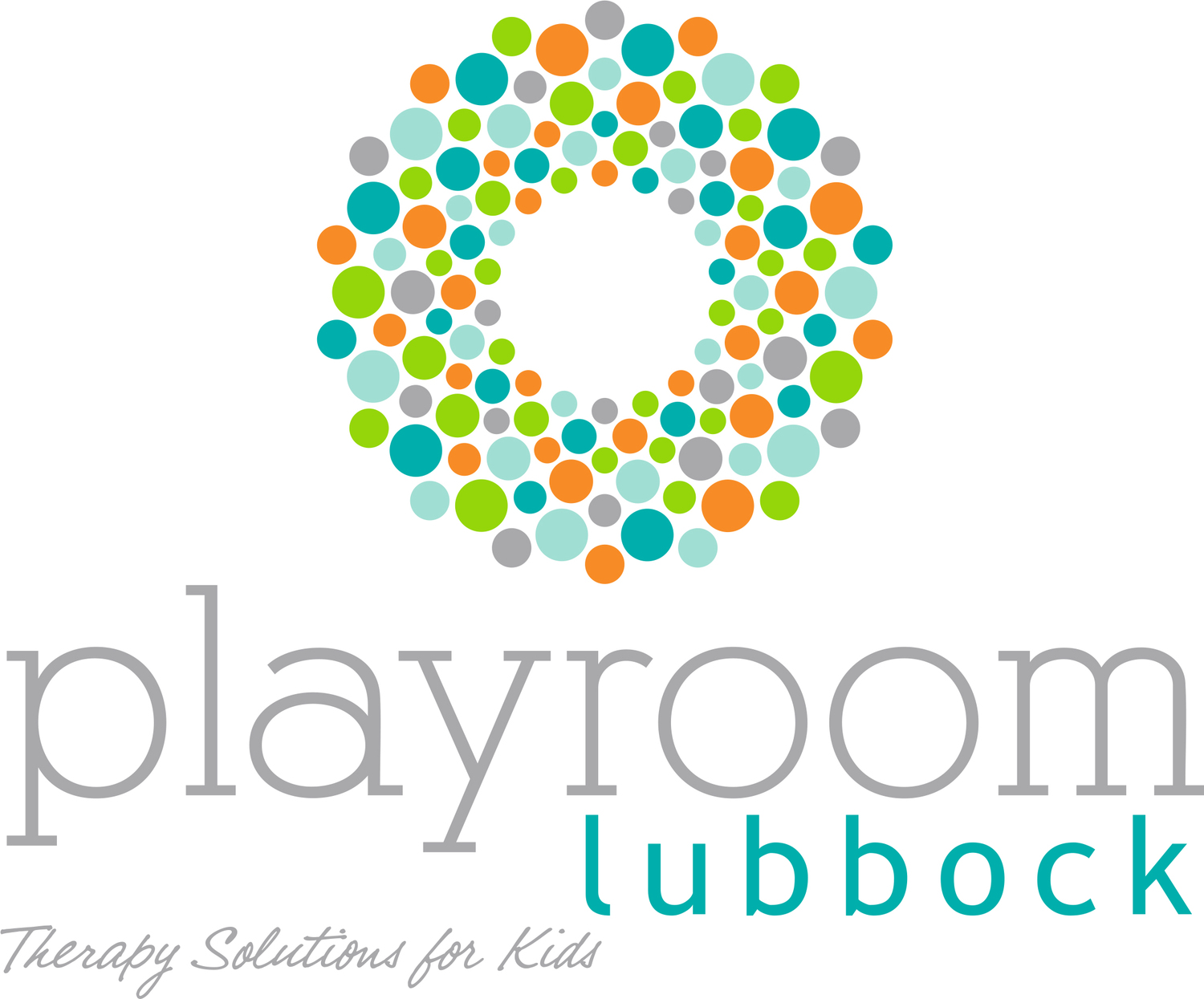Deciding to seek help for something you or your child are going through can be really hard. It may be your idea to seek treatment and go to therapy or it might not. The idea may be well received and provide relief or it may produce reluctance and uncertainty. Either way we want to provide some tips and insight in your search for a therapist and for your treatment journey.
We believe in fostering and developing your fullest potential and to promote your physical, emotional, and behavioral well being.
What is Therapy?
Therapy isn't just for mental health, but most often "therapy" is used to mean psychotherapy--in other words, psychological help to deal with stress or problems. Although sometimes used with adults, play therapy is an approach used to help children ages 3 to 12 explore their lives and freely express their thoughts and emotions through play and the use of toys. Therapeutic play takes place in a playroom and allows children to work through experiences and discover new and healthy ways to solve problems. Play therapy usually occurs in weekly sessions for an average of 20 sessions lasting about 45 minutes each. Parent consultation sessions and typical talk therapy sessions for teenagers or adults typically last 45-55 minutes and may vary in frequency depending on the client’s or family’s needs.
How do I find the Right Therapist?
Get a referral from a trusted friend
Contact your physician, pediatrician, or school guidance counselor
Interview counselors and ask questions: What's the therapist's background and training? How often does the therapist meet with clients/parents? How long is the therapeutic process? What are the fees?
What to look for in a Play Therapist
Educational background and relevant experience
Play therapists are well-trained in child development, attachment, and the use of play in therapy as a way to communicate with children
The play therapist should be trained in a recognized therapeutic approach such as child centered, cognitive-behavioral, Adlerian, Gestalt, etc.
Having an entire playroom dedicated to child based therapy is one indicator that the therapist prioritizes the children in their practice.
A Registered Play Therapist (RPT) is an additional credential a mental health professional may obtain. An RPT has met specific criteria in training and education and is registered through the Association for Play Therapy.
Look for a therapist whom you feel comfortable working on personal and family issues.
Prepare for Your Consultation
Before you attend a consultation or before your first appointment, prepare a list of concerns. For children, consider any educational evaluations or classroom reports that you have. Consider long-term history and background information. Are struggles recent? Have there been significant changes or disruptions in your family? We set clients up with a secure online client portal where you have the opportunity to complete intake paperwork and background history.
Consult Other Therapists
No one therapist is the best fit for all clients. Therapists have different styles and approaches. It's important to find the right fit for you or your child. The therapeutic relationship is essential to positive outcomes in therapy. If at any time you don’t feel that you are connecting with your therapist, you can communicate that to your therapist, and he/she will assist in finding someone who may be able to serve your needs in the ways that you need.
Learn the Differences in Credentials
What are the differences among some mental health care therapists?
Licensed Professional Counselors (LPC) have master's degrees or beyond and are trained to work with individuals, families, and groups in treating mental, behavioral, and emotional problems and disorders. Registered Play Therapists are mental health professionals who are credentialed by the Association for Play Therapy and promote their specialized play therapy knowledge and training. Licensed Marriage and Family Therapists (LMFT) have master's degrees and believe that a wide range of individual problems must be understood within the context of their family and social environemtns. They approach mental and emotional struggles from a relational perspective. Social Workers (LMSW) have master's degrees in social work and typically have a practical approach to problem-solving, collaborating with community resources, and seeking resolution through talk or play therapy, counseling, and group work. Psychologists have doctorate degrees in psychology and provide psychological and educational testing in addition to talk therapy. Psychiatrists have medical degrees and primarily prescribe medication.
“Therapy is for anyone...The fact that someone sought support shows a tremendous strength, and exhibits their commitment to the level of care and respect for themselves and their relationships.”
Get Help Now
People tend to stall out when they say "I'm going to get help later." You may do the research, figure out who you want to see, and then you stop and rationalize that things are getting better. Reaching out in the unknown or unfamiliar can seem scary. We hope we provide a physical space that communicates psychological safety and that we value you. We also strive to make our space and services known via our website and social media so that you can make the most informed decisions as well as gain insight into who we are. We are happy to provide a short consultation over the phone to determine if we can help meet your needs. We do not require a referral from a physician and setting up your first appointment begins with contacting us.
